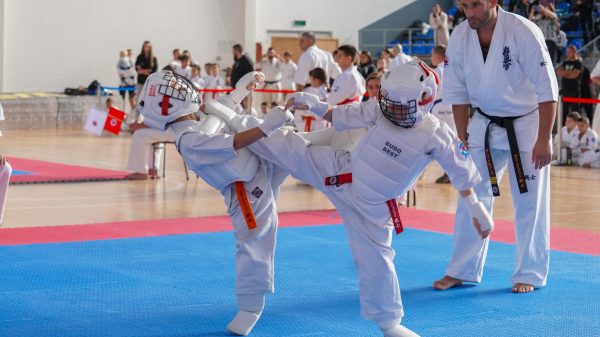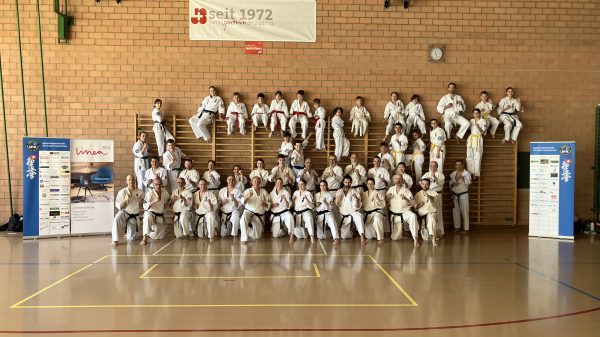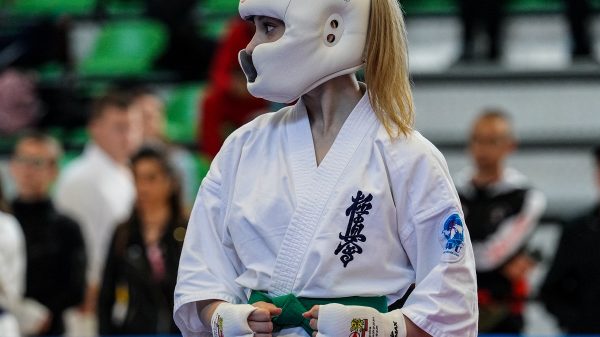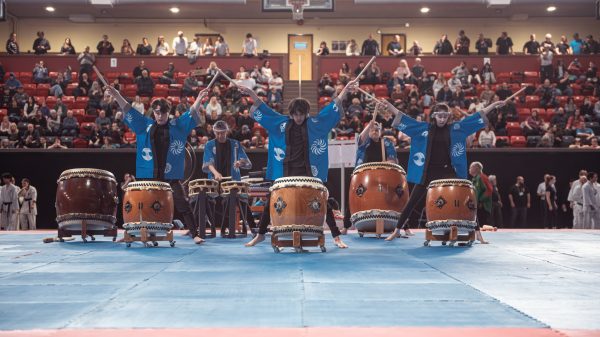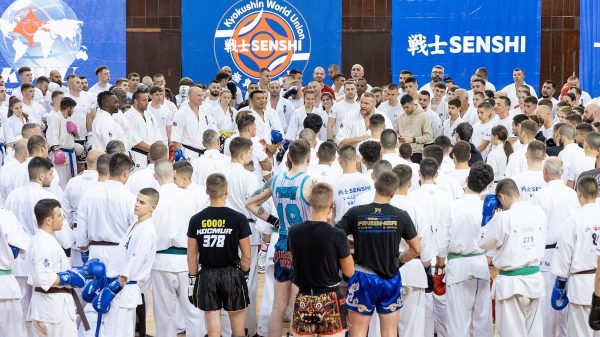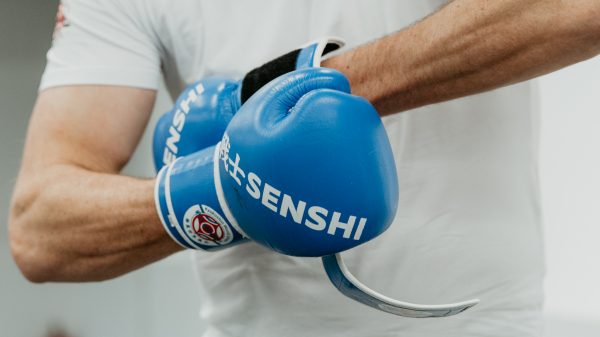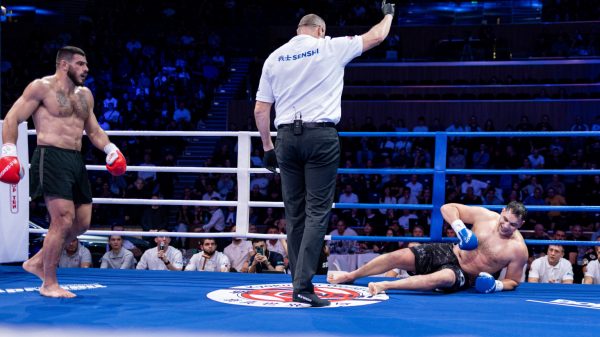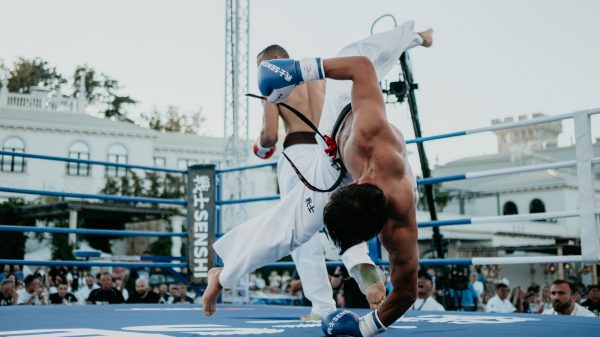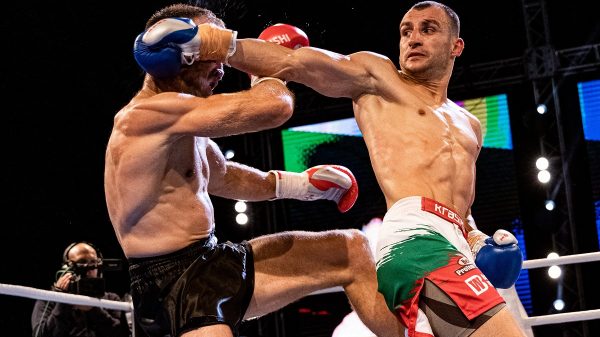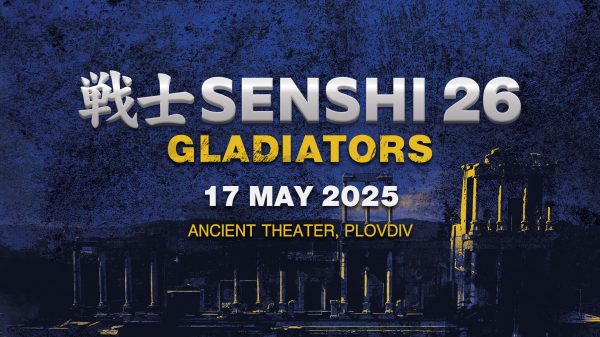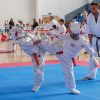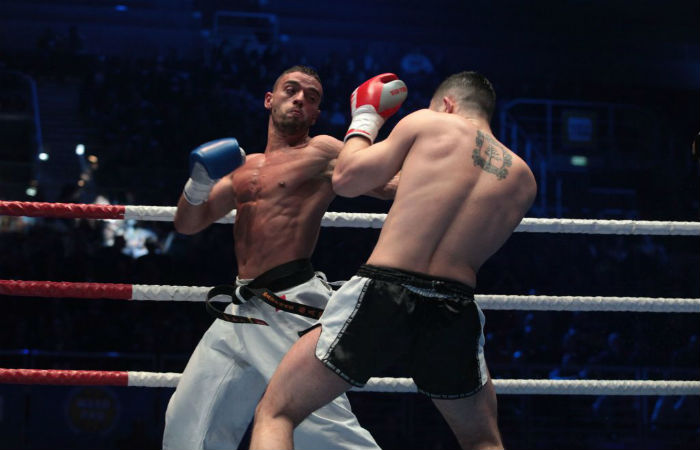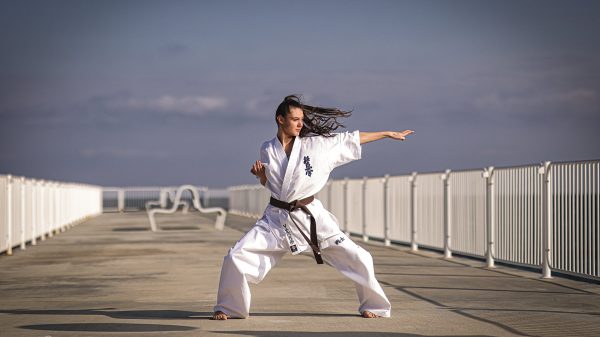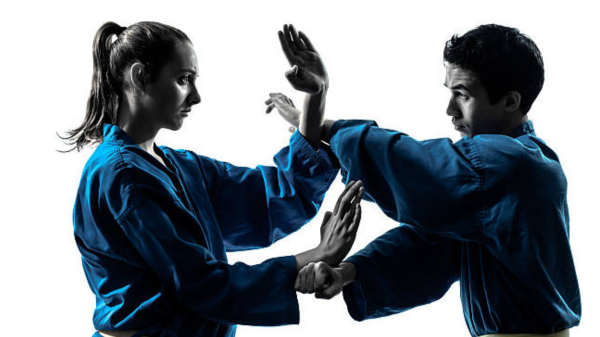Many athletes and coaches believe that sport is played with the body and won with the mind. This being so, can the amount and intensity of the training contribute just as much psychologically as physically? Studies have shown that fitness training may help improve self-esteem, confidence, and body image.
There are a huge number of different fitness activities which people use to stay healthy and active, such as walking, strength training, martial arts, etc. Physical activity intensity varies along a continuum from sedentary (physically inactive) to vigorous (high-intensity activity).
General mental well-being involves areas of life such as feelings of satisfaction, optimism, self-esteem, having some control over one’s life, having a purpose in life, and a sense of belonging and support.
The psychological benefits of martial arts training have come to the attention of western psychologists over the last thirty years and in particular within the last ten years due to the rise in popularity of MMA (Mixed Martial Arts). It is acknowledged that martial art training embodies a system of moral values (e.g. respect property, be faithful and sincere, exert oneself in the perfection of character), that together can inculcate physical and mental relaxation, control of mind and body, and an increase in self-confidence.
Evidence of the effectiveness of martial arts in producing affective, cognitive, and behavioral benefits has come from several studies. Improvements in self-esteem, a more positive response to a physical challenge, greater autonomy, emotional stability and assertiveness, and reductions in anxiety and depression have all been associated with martial arts training. Konzak and Boudreau (1984) have also drawn attention to the social benefits of such behavioral change – in particular the relationship between martial arts practice and reduced aggression.
A study investigating the effects of grappling training on mood and general well-being found that people who trained regularly in a Brazilian Jiu-Jitsu gym were shown to have higher energy levels, were more agreeable, clear-minded, composed, and confident when compared to a group of non-grapplers who trained regularly at a health gym and another group of light exercisers. The majority of the grappling participants had ranked their exercise sessions more intensely when compared to the other two groups showing a relationship between increased exercise intensity and improved mood. Other studies have also shown increased intensity to have the largest improvement in mood. A study conducted on young active aerobic exercisers showed support for moderate intensity, however the greatest improvements in mood were found in those who were randomized to a high-intensity training program, and those training at a low intensity experienced no beneficial changes in effect.
Additionally, research has shown Kyokushin karate training to be an effective strategy in bringing about improved mood, and in essence, it has been shown that exercise intensity and frequency can help lower fatigue, and increase happiness, composure, and confidence, highlighting the importance of regular exercise, in that the benefits are not only physical but also psychological.
Written by Gareth Mccafferty


